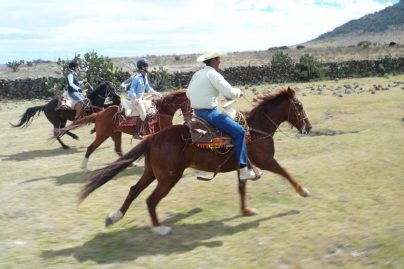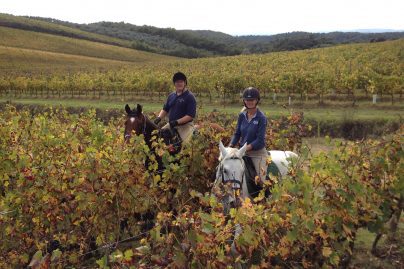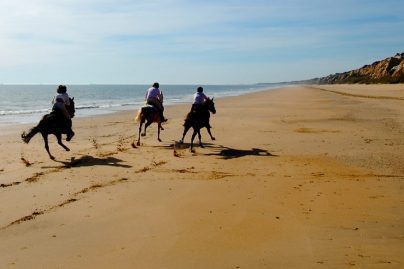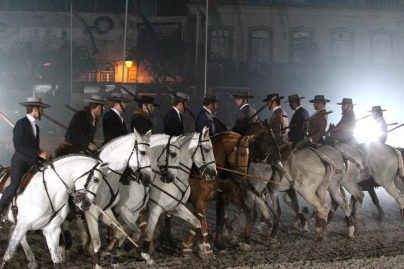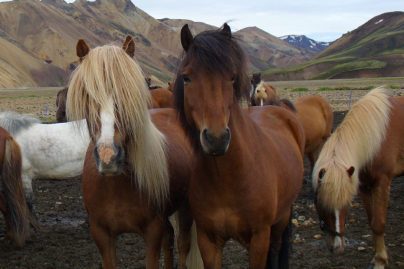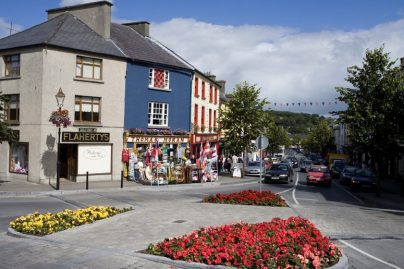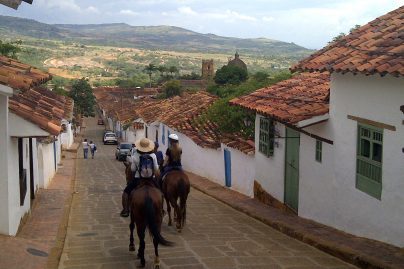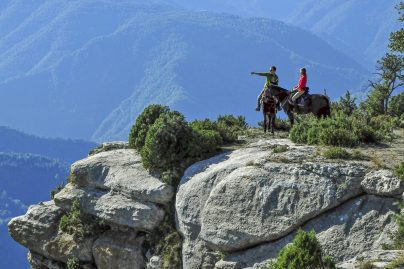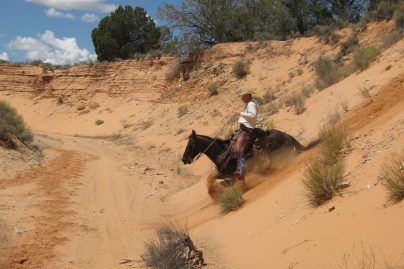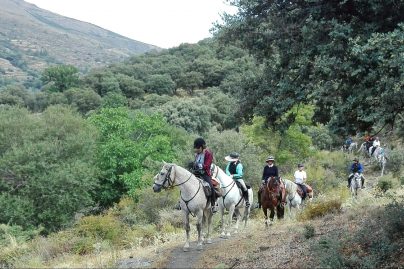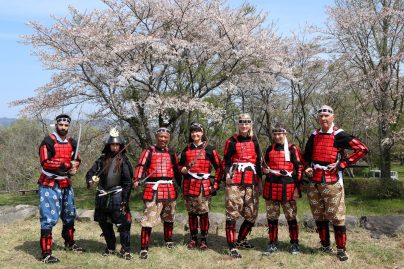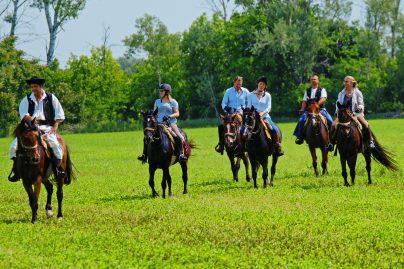The historical interest of the rides Equitours includes in its program is one of the important factors to be considered. To many of our clients this aspect of a ride is of significant value and we make every effort to have guides who can highlight the history of the area traversed and bring it alive.
Obviously some places are not as rich in history as others though they may offer good horses, comfortable accommodations and favorable footing. In the French countryside you will see many places where signs which advertise restaurants the names of which start with Relais. This means that it is the location of the old relay station where one could find fresh horses for an onward journey or where the stagecoach stopped briefly to change horses and let passengers get something to eat.
For history lovers the Castles and Caves of Malbec ride in France has a great deal to offer. The trip includes visits to medieval castles where you ride into courtyards like knights of old, staying in walled towns and even a tour of prehistoric caves with 14,000 year old paintings. One travels mostly on trails through forests and farmland with only short distances on paved roads which have very little traffic. At one point you ride and sometimes lead your horse along the river on an ancient path carved through the side of a narrow gorge to avoid a wide detour over a mountain range.
A different example of a historic ride is this one in Normandy which visits the places where the key battles of the Allied invasion of 1944 were fought. The success of the invasion was one of the turning points of the war, but it came at a high cost in American lives. One can see the well-kept graveyards with seemingly endless lines of crosses, driving home the extent of losses. The beaches are very wide and there are still massive German concrete bunkers on the shore which afforded them a wonderful field of fire at the landing troops. We can be proud indeed of the valiant soldiers who made that victory possible.
Even our own ranch high in a remote valley near Yellowstone Park has its share of history. In a morning ride we can reach an old hideout of Butch Cassidy well concealed in a steep canyon with a mountain stream for water and an excellent lookout point nearby from which anyone coming could be seen over a mile away. One can also see wickiups still standing from the days of the fascinating Sheepeater Indians who lived high in the mountains here and hunted the bighorn sheep with their big dogs and powerful recurved bows. In the days before motor cars an old horse trail used to run from near our ranch to Yellowstone Park 50 miles away across the wilderness. Our rides still follow some of this route and in places one can see the old cedar posts used as trail markers.
The rides in India are particularly rich in history and offer many views of ancient structures from medieval times and even before. Riders have a chance to stay in palaces and fortresses which not only had powerful defenses, but also fascinating works of art. This is one of the places in the word where many people still live in small villages much as they did centuries ago, raising water buffalo, camels, cows, goats and sheep and cultivating their own crops.
Equitours rides in Italy are all redolent of history from ancient Roman and medieval times. One of the Saints & Warriors rides includes a visit to the Palio race in Siena. This dramatic contest dashing around the central square is a tradition going back to medieval times where teams from ten parts of Siena race bareback and barefoot making 3 laps while people watch the spectacle from the balconies of surrounding buildings with rapt attention.
Spain has a prestigious place in equestrian history. The Epona ride includes a visit to the Royal Spanish Riding School in Jerez which is one of the top riding schools in the world dedicated to the preservation of equestrian arts. They give a most impressive demonstration on magnificent and highly trained Andalusian stallions. Trails of Andalusia goes through El Rocio, a small town that has long served as a stop on the religious pilgrimages during Semana Santa. From several rides in Spain you could plan an extension to visit the palace/fortress of the Moors in Grandada, called the Alhambra, made famous in America 200 years ago by Washington Irving’s book, Tales of the Alhambra. The amazing structure is a monument to a once highly developed civilization lasting for 800 years and now extinct.
In the United States the Navajoland Ride in Arizona has attractive campsites, good terrain for horses and plenty of history. Some of the first horseback riders known to come to what is now the United States were those in the Coronado Expedition of 1540 which crossed northern New Mexico in an attempt to find the mythical Seven Golden Cities of Cibola. The ancient and highly developed Anasazi Indians lived here a thousand years ago in many storied houses built on the sides of sheer cliffs as did the Navajo in more recent times. We can have some canters here in the dramatically beautiful Canyon de Chelly with its sides towering a thousand feet straight above us on either side. We traverse the enchanting mesas and valleys of the Four Corners area where few tourists ever go. One can see the traditional heat efficient Navajo hogans or dwelling places with their thick mud walls.


